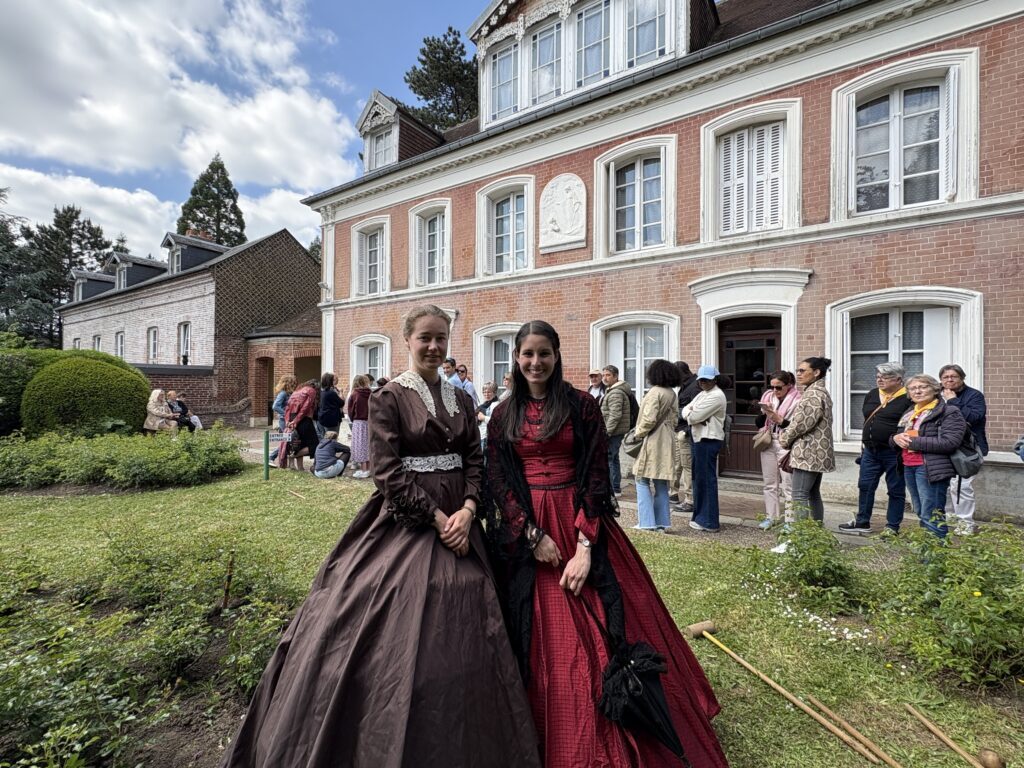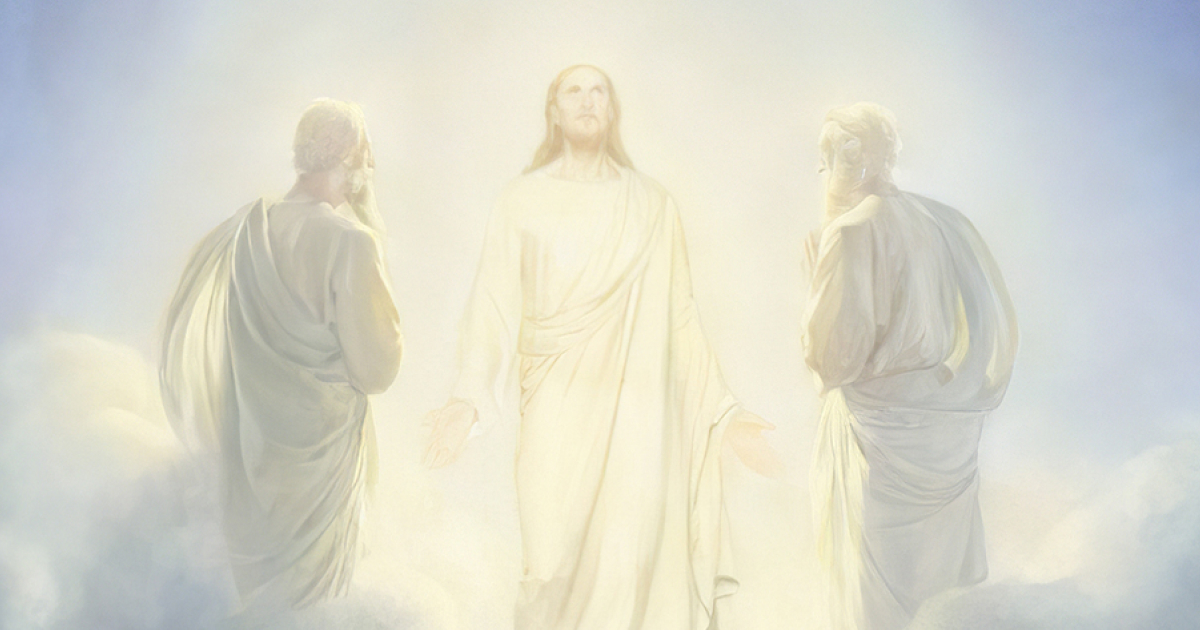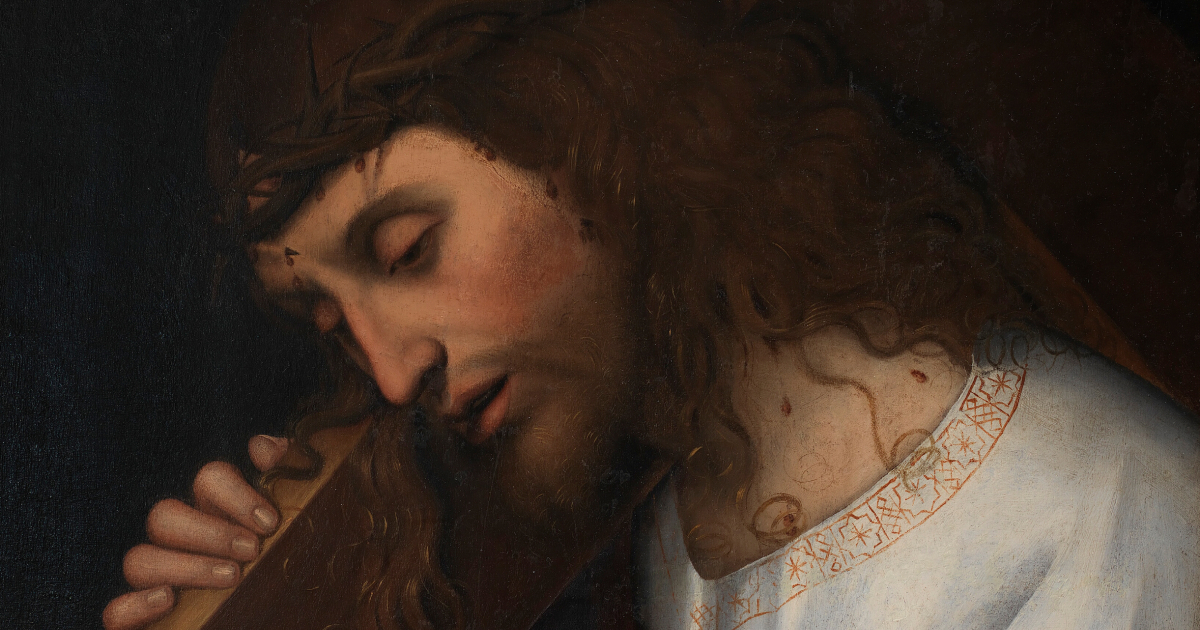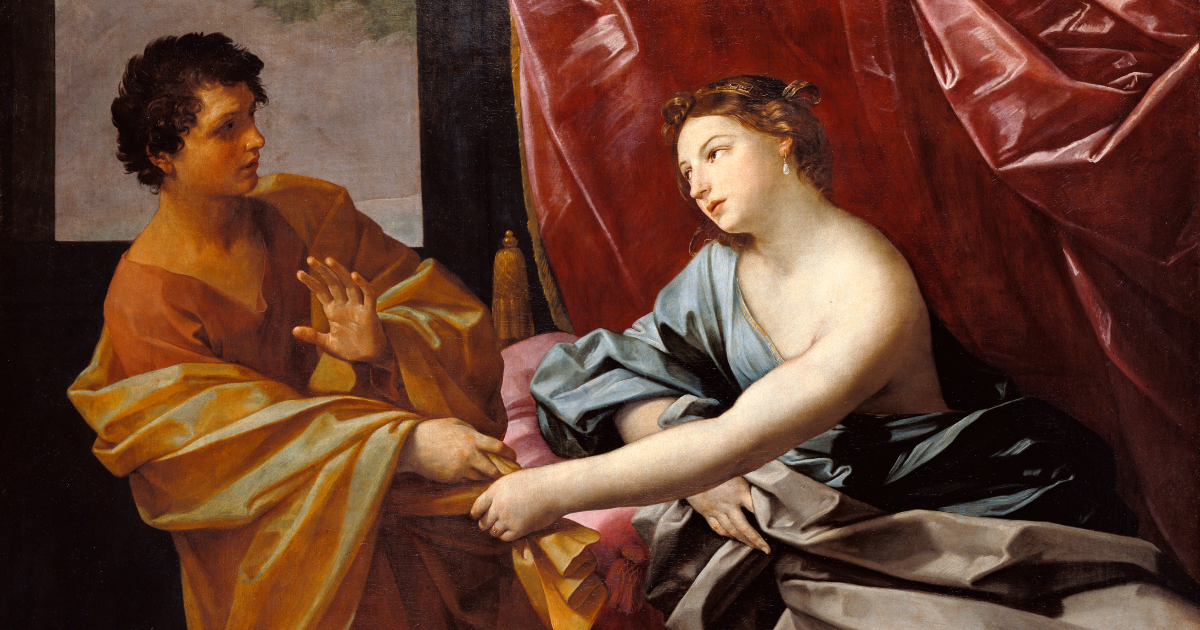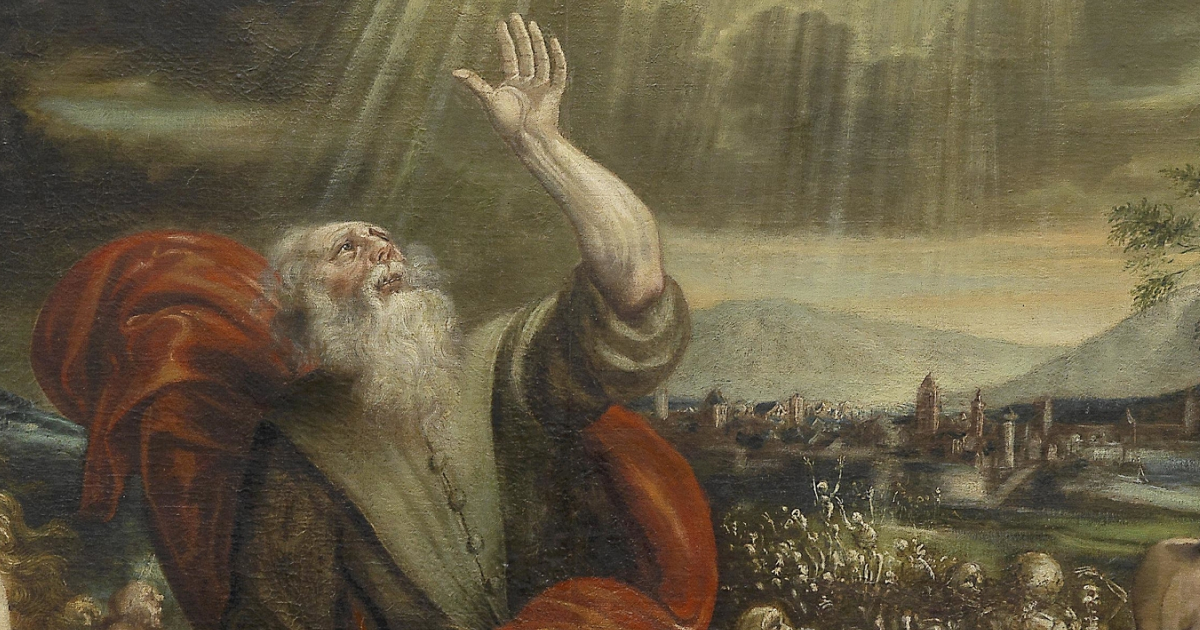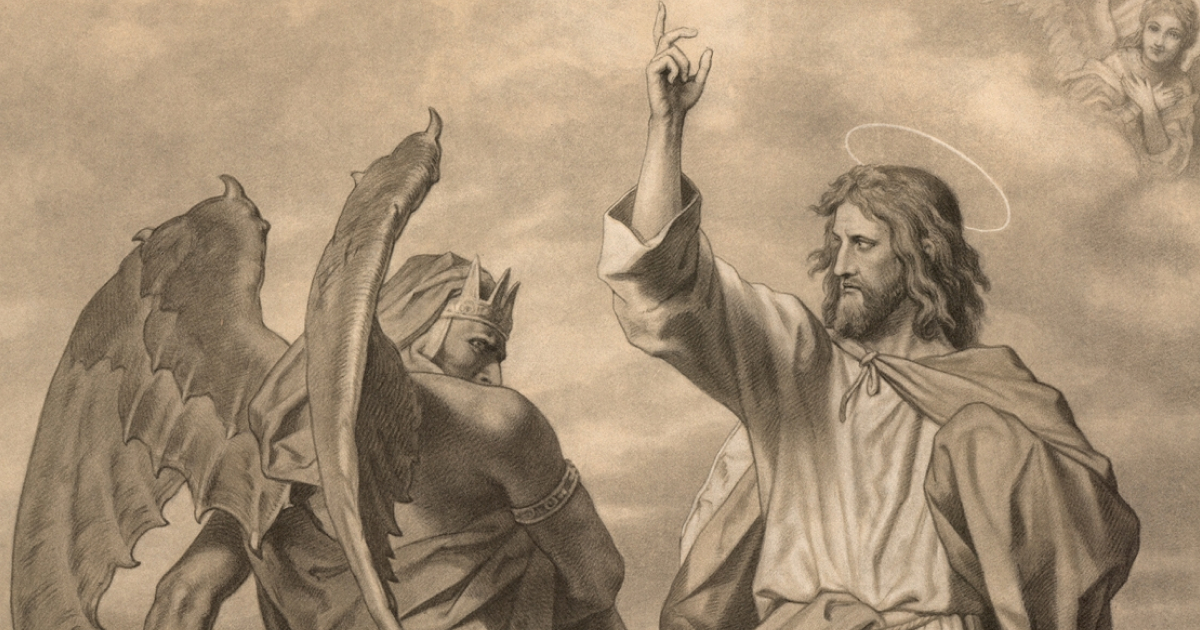Catholics in Normandy have commemorated the 100th anniversary of St. Thérèse of Lisieux’s canonisation with three days of both joyful and solemn celebrations.
The events during 16-18 May included a live broadcast of Pope Leo XIV’s inauguration Mass on screens in the Basilica of St. Thérèse in Lisieux. Father Emmanuel Schwab, rector of the Sanctuary of St. Thérèse of Lisieux since 2023, oversaw the organisation of the festivities, reportsOSVNews.
“They were designed to be widely open to an audience unfamiliar with the Church,” he said. “The entire city got involved, and activities were planned to appeal to everyone, regardless of their age, level of faith or religious practice.”
On the evening of 16 May, a procession carrying the relics of St. Thérèse on a horse-drawn cart traveled through the streets of Lisieux, followed by several hundred people.
“We took (the relics) out of the Carmelite convent and brought them to St. Peter’s Cathedral, where Thérèse used to go to Mass with her family,” Father Schwab explained. “Thérèse’s relics always stir up a lot of emotion and fervor.”
The famed French saint, affectionately known by devotees as “The Little Flower", who was born Thérèse Martin, died of tuberculosis in 1897 at age 24, after nine years of religious life at the Carmelite convent in Lisieux.
She quickly became the object of astonishing devotion, far beyond the borders of France. Beatified in 1923, she was canonised in Rome on 17 May 1925 by Pope Pius XI, who proclaimed her patroness of missions in 1927.
One hundred years after her death, Pope John Paul II in 1997 declared her a doctor of the Church.
The events to mark the centenary of the young French woman's canonisation offer an uplifting respite to increasing religious tensions afflicting the country.
This month alone, France has been severely rattled by what some are calling Christianophobie that has swept over the nation, and which appears to be related to ongoing problems with immigration and assimilation into society.
In the Brittany city of Rennes, the church of Saint Jean Marie Vianney was desecrated, and in Normandy the parish hall of a church was vandalised. A similar fate befell the parish hall of the Saint-Laurent church in Maurepas, south of Paris, while in the middle of the French capital a man carrying a knife entered Saint-Ambroise church just before Mass. Police were swiftly on the scene and no one was hurt in the incident.
In his article on the tensions for the Herald, Gavin Mortimer notes that political leaders like to sing the praises of “integration” but in France, as in Britain, a sizeable number of immigrants have no wish to integrate.
"In France the fear is that religious tension will increase in the coming years, and the appalling incidents of recent weeks will become commonplace," Mortimer writes.
RELATED: Desecrations, threats and silence: anti-Christian violence grips France
Photo: One of the many portraits of Saint Therese on display in the Basilica of Saint Therese in Lisieux, France, 1 May 2025. (Photo by JIMMY BEUNARDEAU/Hans Lucas/AFP via Getty Images.)
Catholics in Normandy have commemorated the 100th anniversary of St. Thérèse of Lisieux’s canonisation with three days of both joyful and solemn celebrations.
The events during 16-18 May included a live broadcast of Pope Leo XIV’s inauguration Mass on screens in the Basilica of St. Thérèse in Lisieux. Father Emmanuel Schwab, rector of the Sanctuary of St. Thérèse of Lisieux since 2023, oversaw the organisation of the festivities, <mark style="background-color:rgba(0, 0, 0, 0)" class="has-inline-color has-vivid-cyan-blue-color"><a href="https://www.osvnews.com/lisieux-celebrates-100-years-since-the-canonization-of-the-little-flower/">reports</a> </mark><em>OSV</em> <em>News</em>.
“They were designed to be widely open to an audience unfamiliar with the Church,” he said. “The entire city got involved, and activities were planned to appeal to everyone, regardless of their age, level of faith or religious practice.”
On the evening of 16 May, a procession carrying the relics of St. Thérèse on a horse-drawn cart traveled through the streets of Lisieux, followed by several hundred people.
“We took (the relics) out of the Carmelite convent and brought them to St. Peter’s Cathedral, where Thérèse used to go to Mass with her family,” Father Schwab explained. “Thérèse’s relics always stir up a lot of emotion and fervor.”
The famed French saint, affectionately known by devotees as “The Little Flower", who was born Thérèse Martin, died of tuberculosis in 1897 at age 24, after nine years of religious life at the Carmelite convent in Lisieux.
She quickly became the object of astonishing devotion, far beyond the borders of France. Beatified in 1923, she was canonised in Rome on 17 May 1925 by Pope Pius XI, who proclaimed her patroness of missions in 1927.
One hundred years after her death, Pope John Paul II in 1997 declared her a doctor of the Church.
The events to mark the centenary of the young French woman's canonisation offer an uplifting respite to increasing religious tensions afflicting the country.
This month alone, France has been severely rattled by what some are calling <em>Christianophobie </em>that has swept over the nation, and which appears to be related to ongoing problems with immigration and assimilation into society.
In the Brittany city of Rennes, the church of Saint Jean Marie Vianney was desecrated, and in Normandy the parish hall of a church was vandalised. A similar fate befell the parish hall of the Saint-Laurent church in Maurepas, south of Paris, while in the middle of the French capital a man carrying a knife entered Saint-Ambroise church just before Mass. Police were swiftly on the scene and no one was hurt in the incident.
In his article on the tensions for the <em>Herald</em>, Gavin Mortimer notes that political leaders like to sing the praises of “integration” but in France, as in Britain, a sizeable number of immigrants have no wish to integrate.
"In France the fear is that religious tension will increase in the coming years, and the appalling incidents of recent weeks will become commonplace," Mortimer writes.
<a href="https://thecatholicherald.com/desecrations-threats-and-silence-anti-christian-violence-grips-france/"><mark style="background-color:rgba(0, 0, 0, 0)" class="has-inline-color has-vivid-cyan-blue-color"><strong><em>RELATED: Desecrations, threats and silence: anti-Christian violence grips France</em></strong></mark></a>
<em>Photo: One of the many portraits of Saint Therese on display in the Basilica of Saint Therese in Lisieux, France, 1 May 2025. (Photo by JIMMY BEUNARDEAU/Hans Lucas/AFP via Getty Images.)</em>






